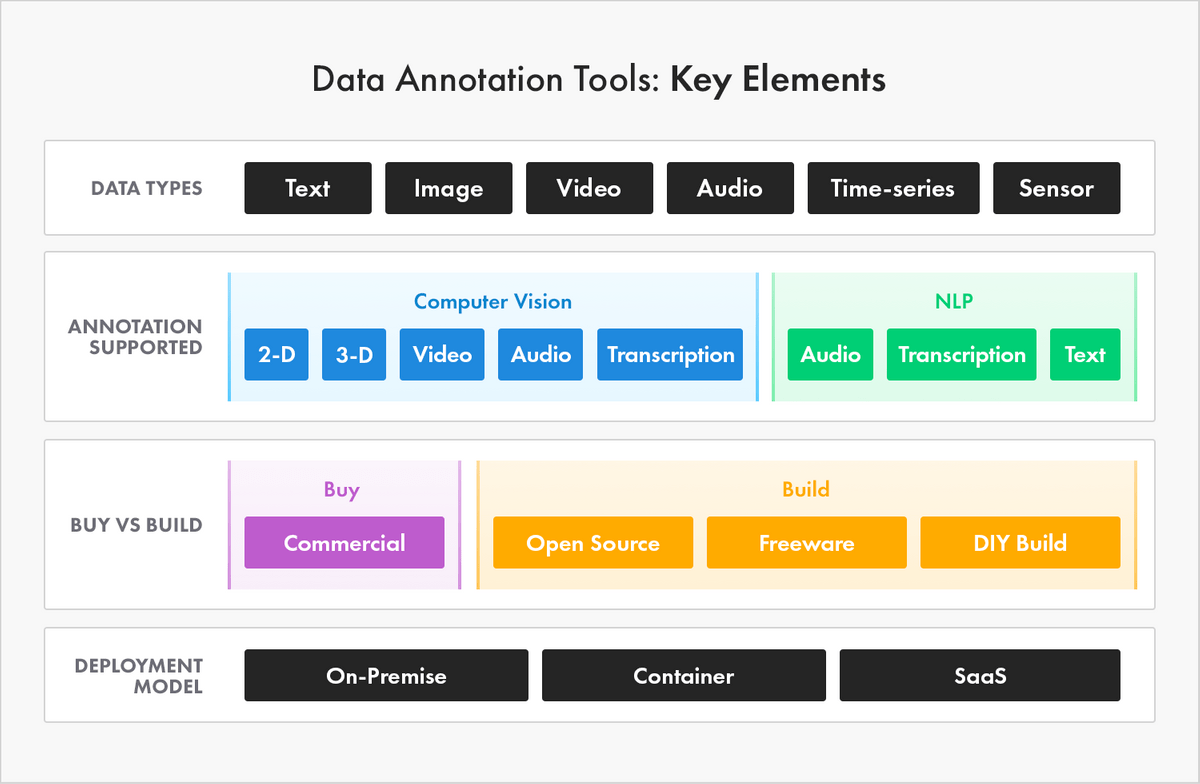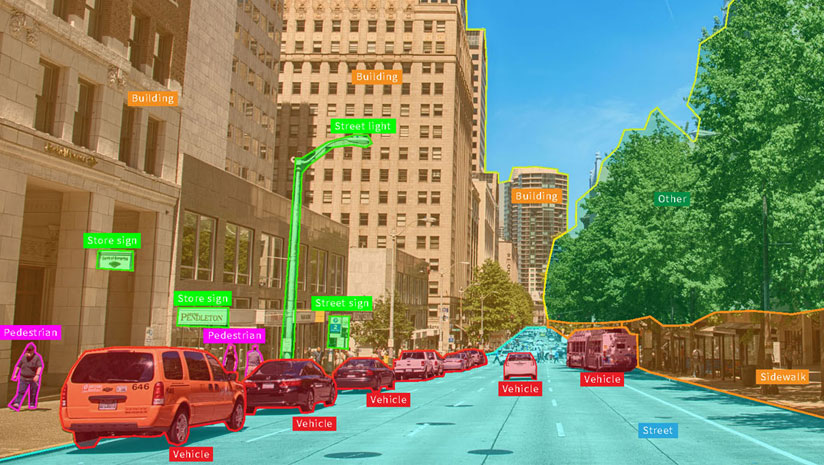Introduction
In the realm of artificial intelligence and machine learning and Data Annotators, data annotation is a critical process that lays the foundation for training algorithms to recognize patterns, make predictions, and perform various tasks autonomously. At the heart of data annotation are the individuals known as data annotators, whose expertise and meticulous attention to detail are instrumental in ensuring the quality and accuracy of annotated datasets. In this comprehensive exploration, we delve into the multifaceted role of data annotators, shedding light on their responsibilities, challenges, and contributions to the advancement of machine learning technologies.
Understanding Data Annotation
Data annotation involves the process of labeling or tagging data points within a dataset to provide context, meaning, and structure for machine learning algorithms. Annotations serve as the ground truth or reference points that enable algorithms to learn and generalize patterns from the data. Common types of annotations include categorization, classification, segmentation, bounding boxes, and sentiment analysis, among others. Data annotation is essential across various domains, including computer vision, natural language processing, speech recognition, and biomedical research.
Responsibilities of Data Annotators
Data annotators play a pivotal role in the data annotation pipeline, where they are responsible for executing various tasks to prepare high-quality annotated datasets for machine learning models. Their responsibilities may include:
- Understanding Annotation Guidelines: Data annotators must familiarize themselves with annotation guidelines or instructions provided by project managers or domain experts. These guidelines outline specific criteria, standards, and conventions for labeling data points accurately and consistently.
- Annotating Data: Based on the provided guidelines, data annotators meticulously annotate or label data points within the dataset using specialized annotation tools or software. They apply appropriate tags, labels, or annotations to indicate attributes, features, or categories relevant to the task at hand.
- Ensuring Quality and Consistency: Data annotators are tasked with ensuring the quality and consistency of annotations throughout the dataset. They must adhere to established standards, avoid ambiguities, and maintain uniformity in labeling conventions to minimize errors and discrepancies.
- Resolving Ambiguities and Edge Cases: In the process of annotation, data annotators may encounter ambiguous or challenging cases that require interpretation or clarification. They must exercise critical thinking and problem-solving skills to resolve ambiguities and make informed decisions in such situations.
- Providing Feedback and Documentation: Data annotators may provide feedback to project managers or supervisors regarding annotation guidelines, tool functionality, or dataset quality. Additionally, they may document their annotations, decisions, and observations to facilitate transparency, reproducibility, and future reference.
Challenges Faced by Data Annotators

Despite the importance of their role, data annotators encounter various challenges and complexities in the annotation process. Some of the common challenges include:
- Ambiguity and Subjectivity: Data annotation tasks may involve subjective interpretations or ambiguous scenarios that can pose challenges for annotators. Resolving ambiguity requires domain knowledge, context understanding, and effective communication with project stakeholders.
- Domain Expertise Requirements: Depending on the nature of the data and the specific task, data annotators may need domain expertise or specialized knowledge to accurately annotate data points. Acquiring domain expertise may require additional training, research, or collaboration with subject matter experts.
- Annotation Tool Limitations: The choice of annotation tools or software can significantly impact the efficiency and effectiveness of the annotation process. Data annotators may encounter limitations or constraints associated with the functionality, user interface, or compatibility of annotation tools, which can hinder productivity and quality.
- Scalability and Time Constraints: Annotation projects often involve large volumes of data that require extensive time and effort to annotate comprehensively. Balancing scalability and quality within tight deadlines can be challenging for data annotators, especially when faced with resource constraints or limited manpower.
- Quality Assurance and Validation: Ensuring the quality and accuracy of annotations is paramount for the success of machine learning models. Data annotators must implement rigorous quality assurance measures, including validation checks, inter-annotator agreement analysis, and error correction mechanisms, to maintain data integrity and reliability.
Contributions to Machine Learning Advancement
Despite the challenges they face, data annotators play a crucial role in advancing the capabilities and performance of machine learning algorithms. Their contributions extend beyond the annotation process and encompass the following areas:
- Training High-Quality Models: High-quality annotated datasets serve as the foundation for training robust and accurate machine learning models. Data annotators’ attention to detail, domain expertise, and commitment to quality ensure that annotated datasets provide reliable ground truth for model training, validation, and evaluation.
- Improving Algorithm Performance: Annotated datasets enable machine learning algorithms to learn patterns, correlations, and dependencies within the data, leading to improved performance and generalization. By providing accurately labeled data points, data annotators contribute to enhancing algorithmic accuracy, precision, and scalability across various applications and domains.
- Enabling Innovation and Discovery: Annotated datasets facilitate research, innovation, and discovery in the field of artificial intelligence and machine learning. By curating datasets tailored to specific tasks or challenges, data annotators empower researchers, developers, and practitioners to explore new methodologies, algorithms, and applications that push the boundaries of AI technology.
- Addressing Bias and Fairness: Data annotators play a crucial role in identifying and mitigating biases inherent in annotated datasets, thereby promoting fairness, transparency, and inclusivity in machine learning models. By carefully considering representation, diversity, and ethical considerations in the annotation process, data annotators contribute to the development of more equitable and unbiased AI systems.
Significance of Data Annotation:

Data annotation plays a pivotal role in advancing machine learning and artificial intelligence across various domains and applications. Some key significance of data annotation include:
- Training Machine Learning Models: Annotated datasets serve as the foundation for training machine learning models, enabling algorithms to learn from labeled examples and make accurate predictions on new data.
- Improving Algorithm Performance: High-quality annotations contribute to improved algorithm performance by providing algorithms with accurate and diverse training examples. Well-annotated datasets help algorithms generalize patterns and make reliable predictions in real-world scenarios.
- Facilitating Innovation: Data annotation fuels innovation by enabling researchers and developers to explore new AI-driven applications and technologies. Annotated datasets empower experimentation and exploration, driving advancements in diverse fields such as healthcare, finance, transportation, and more.
- Enabling Autonomous Systems: Annotated datasets are essential for developing autonomous systems capable of understanding and interpreting complex data inputs. From self-driving cars to natural language processing applications, annotated data underpins the development of intelligent systems that can operate independently and adapt to dynamic environments.
Conclusion
Data annotators are the unsung heroes behind the scenes of machine learning, diligently curating annotated datasets that drive innovation, advancement, and societal impact. Their expertise, dedication, and attention to detail are instrumental in shaping the capabilities and performance of machine learning algorithms across diverse applications and domains. As the field of artificial intelligence continues to evolve, the role of data annotators remains indispensable, underscoring the critical importance of human expertise in the age of automation and AI.

